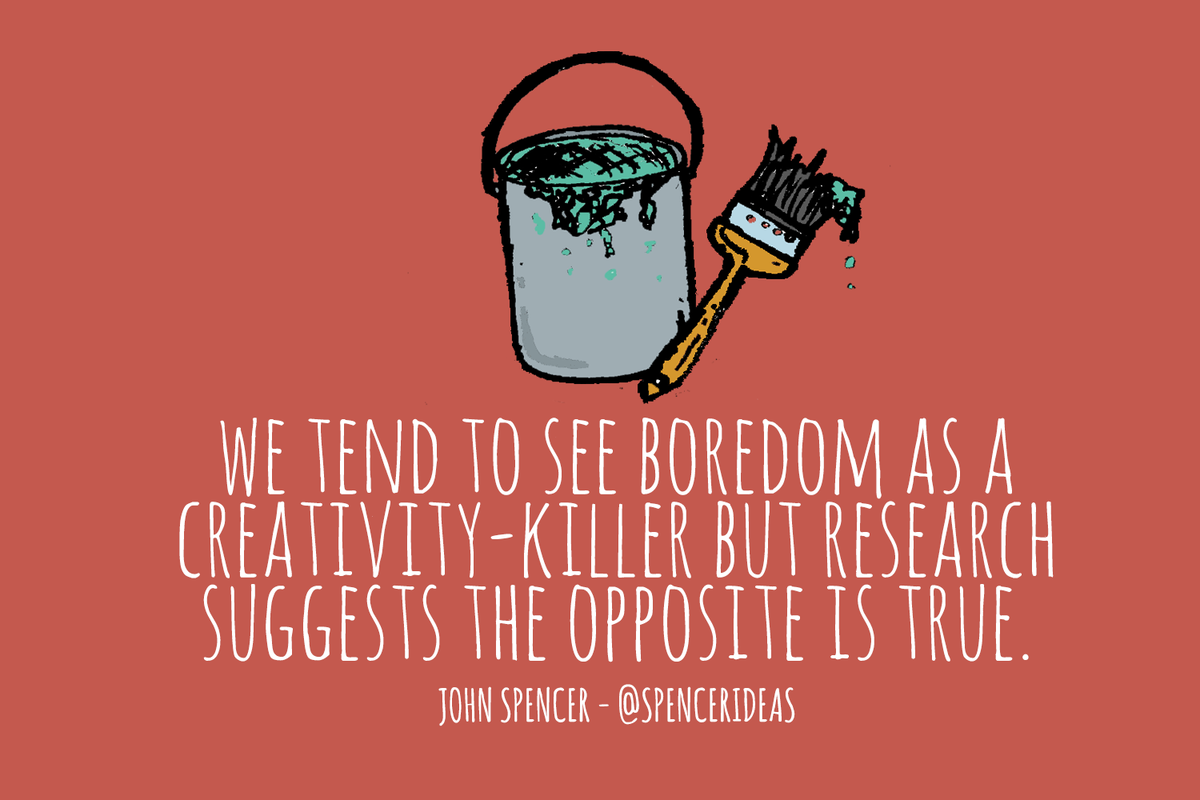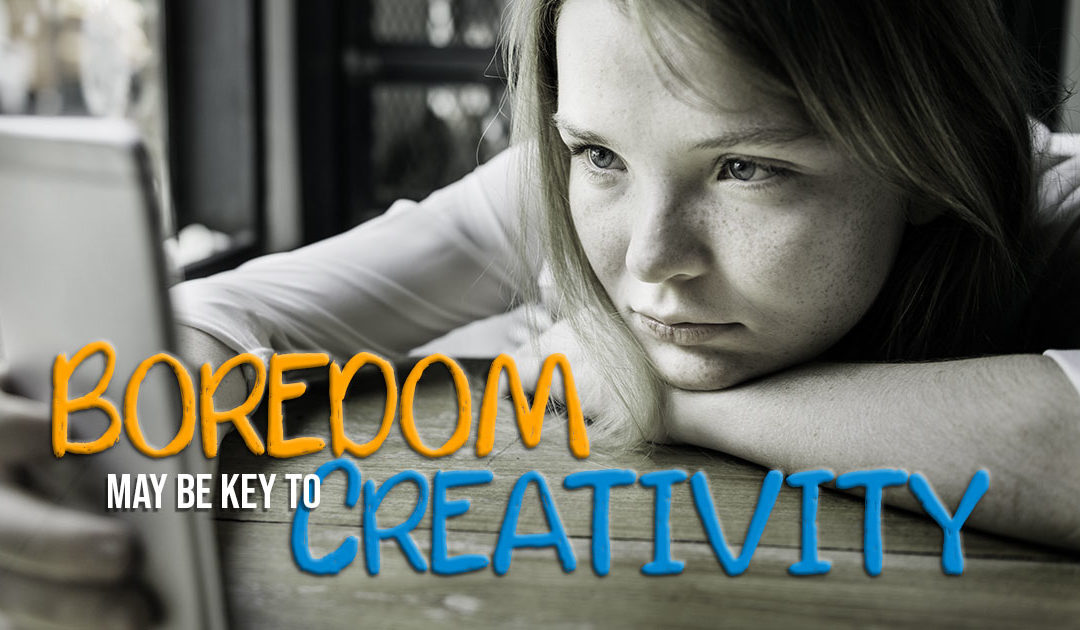How much of this summer is scheduled for your child? Have you allowed opportunities for boredom?
There is not (yet) a broad scientific definition for boredom. But researchers know that it is not the same as depression or apathy. Scientists are just beginning to research boredom. One current working definition is a lack of stimulation that leaves someone craving relief, which may result in behavioral, medical, or social consequences.
Have you noticed that many of our best ideas emerge when we are idle? Inspiration strikes us in the shower, during our commute, or while we are taking a long walk. Boredom encourages us to explore creative outlets because our brains are seeking the stimulation that is missing.
This state of ‘missing stimulation’ is not possible when we’re constantly engaged with our scheduled activities, our social media, or our phone alerts. It’s also a cultural challenge, because busy has turned into a status symbol. “I’m busy,” is a more socially acceptable response than, “I’m bored.”
Boredom and children
Dr. Teresa Belton, an expert on the impact of emotions on behavior and learning who has researched boredom, told the BBC, “When children have nothing to do now, they immediately switch on the TV, the computer, the phone or some kind of screen. The time they spend on these things has increased.”
Dr. Belton and other researchers believe that being creative involves being able to develop internal stimulus. “Children need to have stand-and-stare time, time imagining and pursuing their own thinking processes or assimilating their experiences through play or just observing the world around them,” she said.
Education professor John Spencer suggests there are two types of boredom. “One is ‘mind-wandering boredom, which involves a lack of stimulus when one is completing tasks that require very little mental attention, such as going on a long walk or taking a shower,” he wrote in ASCD’s Educational Leadership journal. “The other is ‘tedious boredom,’ when we are required to cognitively focus on tasks that we perceive as tedious or meaningless.”
Spencer suggests that both types of boredom can result in creativity—and that both are endangered. We don’t experience as much mind-wandering boredom when we can always scroll through our phones. When computers take over repetitive tasks or calculations, we miss out on tedious boredom.
“For all these reasons, boredom is less of an experience that students will just have and more like a type of discipline they will need to cultivate intentionally,” Spencer wrote.
Certainly no one wants to be bored. But educators and researchers are beginning to recognize that boredom may be a gift that has benefits for the development of creativity and problem-solving.
So before you schedule one more event on the family calendar—maybe plan for some boredom time, together?
John Spencer’s blog post “Can Boredom Make You More Creative” is a great read to help you learn more about the research on boredom and learning. Check it out!


